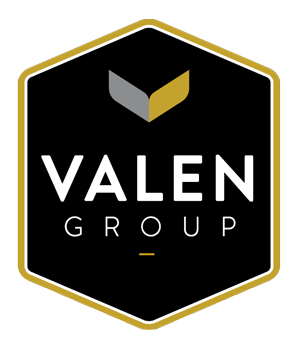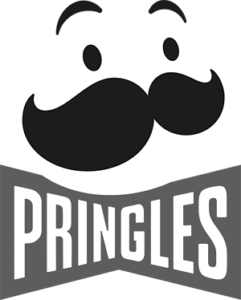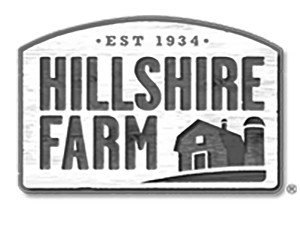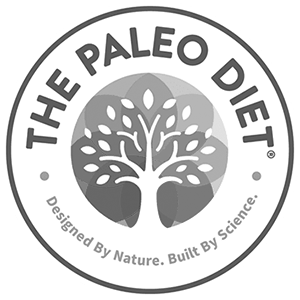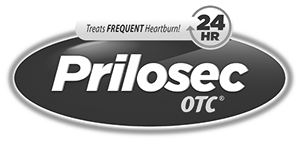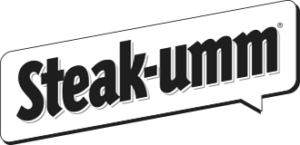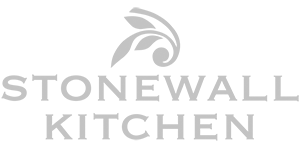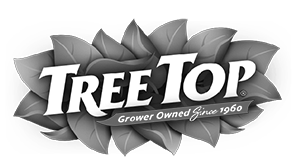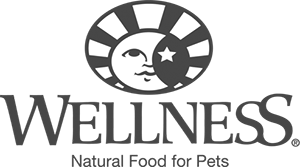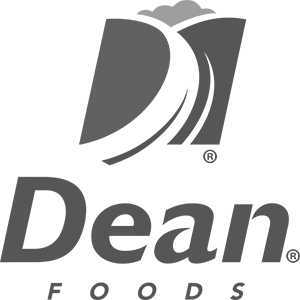Challenge
The Valen Group had worked with other brands to create a retail food program through brand licensing and we believed Red Robin could enter retail food similarly as well. When we approached Red Robin about extending their brand into retail food, Red Robin valued capturing cooking at home occasions the restaurant would miss and keeping the brand in front of consumers who frequent the grocery store 1 or more times per week. This was a strategic move that could increase awareness and strengthen the brand franchise. Red Robin wanted a strategic partner to drive a significant program who had the experience to startup and manage this new business for the long-term so as to not distract the core restaurant services business. The criteria for both Valen and Red Robin to explore such a licensing program was it had to drive significant, long-term market impact not a typical merchandise licensing program that is high involvement, minimal in brand-building benefit, and generates only minimal revenue. We agreed to create a strategic licensing program in retail packaged food by leveraging Red Robin signature restaurant product offerings, established brand equity and unique flavors readily recognized and associated with Red Robin.
Approach
Valen was creating a startup brand licensing program at a time when restaurant brands were saturated in the retail market so it was important to develop a strategy. We focused on identifying unique points of difference to aid entry into the market and derive a compelling story about Red Robin’s affinity with consumers. In competitive markets, it is important to share facts that convince both partners and retailers that Red Robin licensed food products had a compelling right to win. We developed the brand licensing strategy based upon consumer insights we conducted into how the Red Robin brand equity and consumer loyalty could be extended to meet consumer needs and expectations when eating at home. We identified areas of unique in-restaurant experiences such as bottomless fries, on-table signature seasoning, and unique menu offerings and then leveraged these findings in identifying and developing high potential opportunities as platforms for retail product growth. We utilized a multi-disciplinary approach leveraging:
- Market and Competitive Analysis to determine gaps in innovation and positioning for high-potential categories
- Agile Market Learning through qualitative research to understand the equities and needs of target consumer
- Custom Quantitative Category Assessment and Concept Testing methods to determine where Red Robin had an advantage
We sized opportunities and built a go-to-market roadmap. This work lead to identifying several categories to explore with partners. In our agile approach we approached select strategic targets seeking a quick entry point with a strong partner. It is important to realize that the roadmap of categories may change based upon whom has interest to partner. Because of our strategic work, we knew that steak fries as a sub-category of fries was underdeveloped and had no leader. Red Robin is known for its seasonings and steak fries and could offer the partner a unique positioning. Furthermore, onion rings would be a perfect complement to create a “brand block” at retails adding consumers larger, fully battered onion rings versus other brands. We connected Red Robin with a major industry player to enter the frozen potato and onion ring product as first point of entry. Over time we secured other strategic partners specializing in seasonings and sauces, and burgers. We managed the partners along with Red Robin culinary advisors to leverage the seasonings, flavor systems, and retail product specifications to create differentiated product forms that deliver the consumer experience expected of Red Robin products in the home. We coordinated marketing efforts to bolster both Red Robin restaurant interest as well as the partner’s at-home licensed products in campaigns and online through web site marketing and ecommerce to drive engagement.
Results
Red Robin’s unique combination of flavor and restaurant product offerings, translated seamlessly to retail products and have met or exceeded consumer expectation. Red Robin Steak Fries exceeded sales estimates significantly and holds a leading share of the seasoned fries segment with longevity in the category over 8 years and running. These brand licensing products contributed to stabilizing the declining Frozen Potato category. Onion Rings almost tripled its expected volume and has also become a market share leader demonstrating the strength of the Red Robin brand. Combined, the Red Robin licensed products have strategically and systematically helped build additional brand awareness, created new brand usage in-home occasions, and generates annual retail sales in excess of $40 Million. Our program has exceeded expectations for revenue generation and longevity. Our shared commitment with Red Robin has been to manage the program for the long-term. We continue to emphasize our partner relationship strategy that recognizes we must create value for all parties for the program to grow and last into the next decade.
